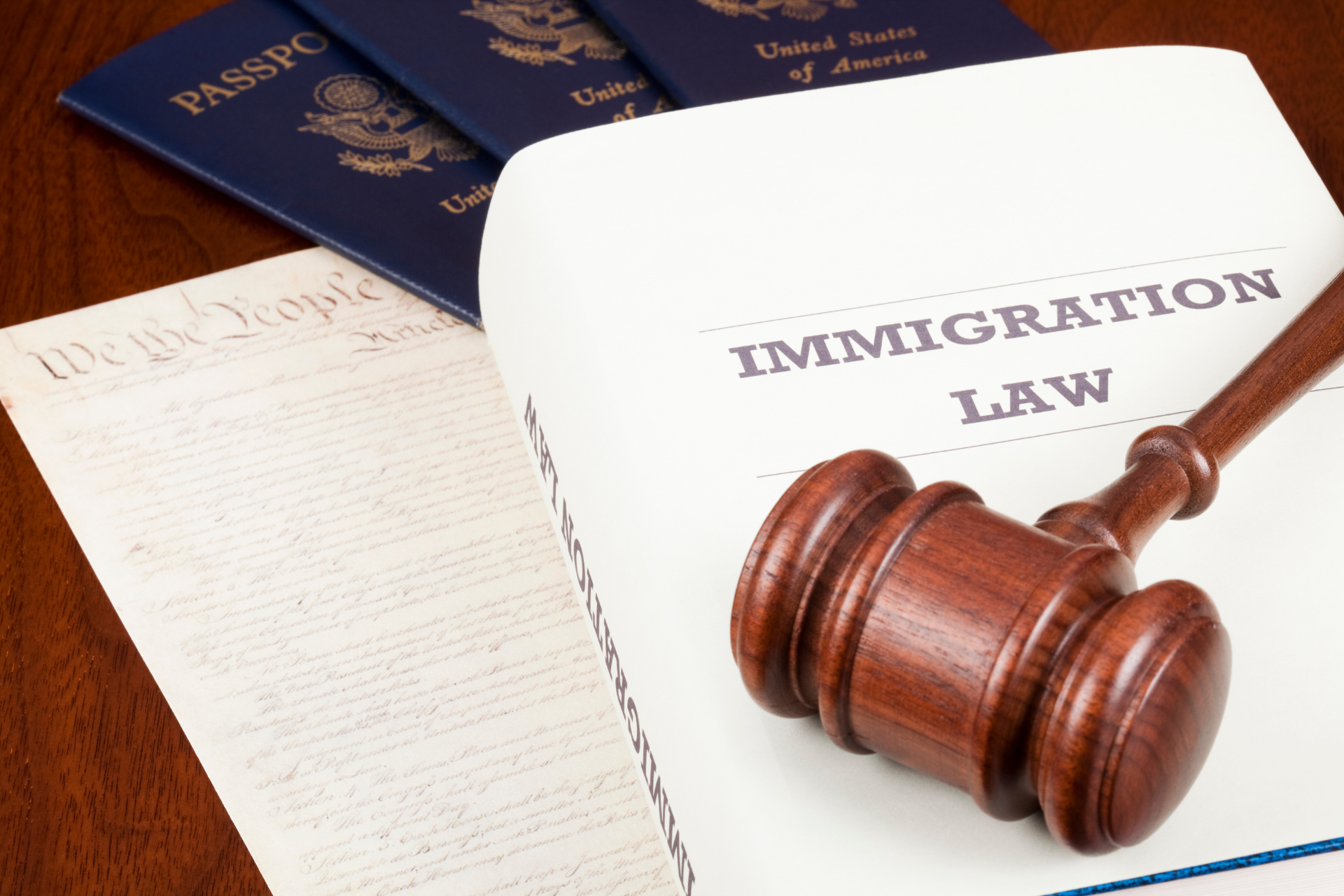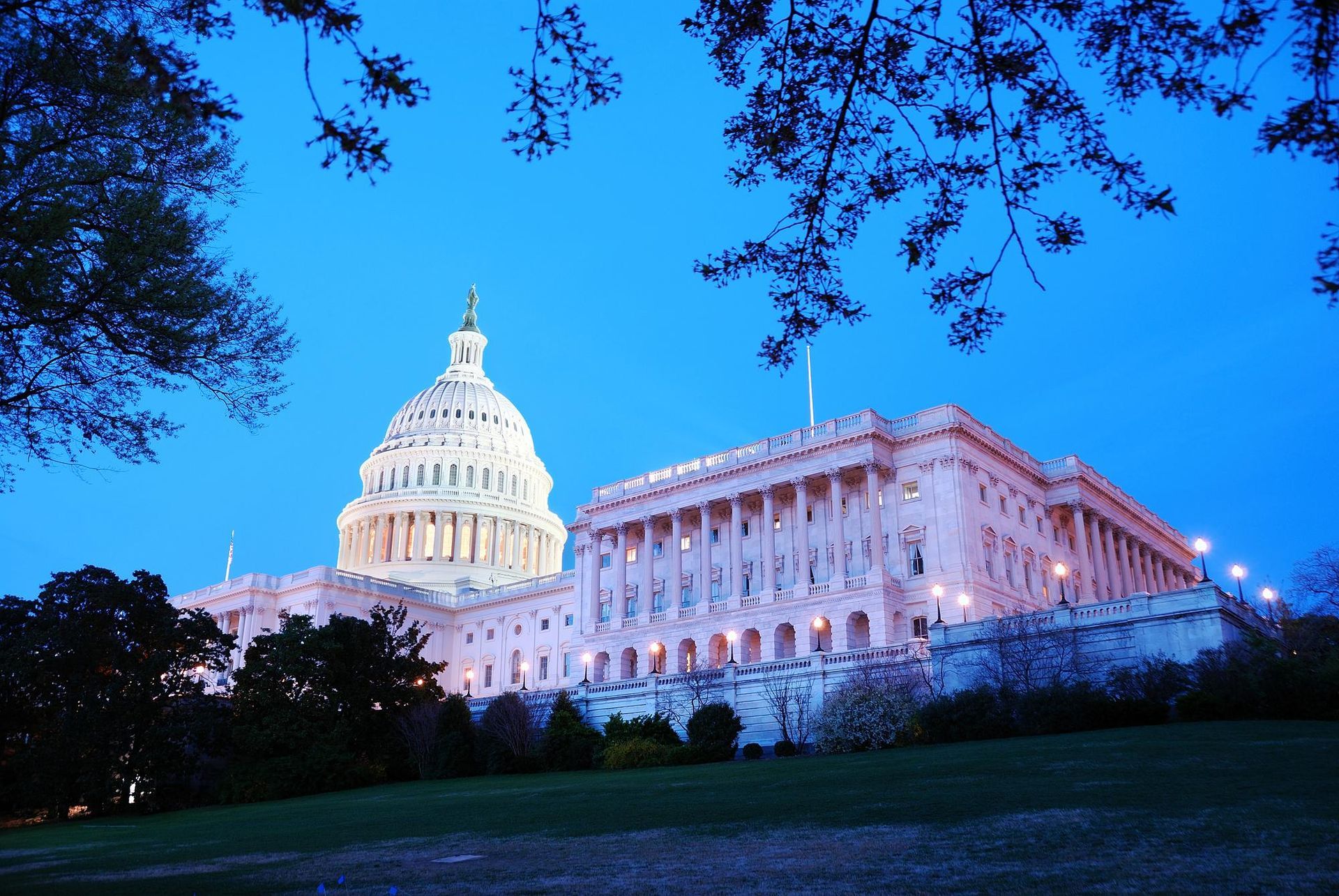Contact Us
Los Angeles Office
Phone:
818-724-8386
Address:
17631 Chatsworth St. Ste C
Granada Hills, CA 91344
Miami Office
Phone:
818-724-8386
Address:
6303 Blue Lagoon Drive, Suite 400
Miami, Florida, 33126
Potential Immigration Changes Under a New Trump Administration
Immigration laws and policies in the U.S. have seen dramatic shifts in recent years, with each administration shaping the rules based on its priorities. As discussions surrounding potential changes under a second Trump administration intensify, it’s crucial to understand what might lie ahead and how it could impact immigrants, families, and businesses.
Key Immigration Policy Trends
Over the years, immigration policies have varied significantly, from stricter measures during Trump’s first term to more lenient changes under the Biden administration. If Trump returns to office, experts anticipate a return to many of the policies implemented during his first term—potentially with further expansions.
To make navigating these possible changes easier, we've provided a comprehensive chart outlining shifts across key immigration areas, comparing Trump’s first term, Biden’s policies, and projections for a potential second Trump term:
| Policy Area | Trump' s First Term | Biden Administration Changes | What to Expect in Trump's Second Term |
|---|---|---|---|
| Travel Bans | Imposed bans on multiple predominantly Muslim and African countries | Rescinded all travel bans | Potential expansion to new regions, targeting countries deemed a high risk |
| Enhanced Vetting Procedures | Introduced rigorous vetting processes | Streamlined vetting processes | More stringent vetting with expanded security measures |
| Documentation Requirements | Required additional proof for visas and petitions | Reduced documentation requirements | Reimposed additional documentary proof requirements |
| Social Media Screening | Mandated review of applicants’ social media | Limited use of social media screening | Broader and more invasive social media screening policies |
| Refugee and Asylee Admissions | Slashed admission caps for refugees | Increased refugee caps and processing | Further reduced refugee admissions with restrictive eligibility criteria |
| Travel Waivers | Difficult to obtain for individuals from banned countries | Simplified waiver processes | Stricter criteria for travel waivers and exceptions |
| Entry Restrictions on Immigrant and Nonimmigrant Workers | Suspended entry of certain employment-based visa holders (H-1B, L-1) during COVID-19 | Removed restrictions | Likely reintroduction of entry suspensions for certain visa categories |
| Public Health-Based Entry Rules | Invoked Title 42 to expel asylum seekers at borders | Ended Title 42 measures for asylum seekers | Reinstate health-based entry restrictions, including Title 42-like measures |
| Visa Interview Waivers | Reduced waivers for nonimmigrant visas | Expanded interview waivers | Likely stricter interview waiver eligibility, increasing in-person interviews |
| RFEs (Requests for Evidence) | Increased RFEs, especially for employment-based visas | Reduced RFE issuance through policy updates | Likely return to heightened RFE issuance |
| Processing Times | Lengthened processing times due to increased scrutiny | Improved processing times with staffing and policy changes | Anticipated extended processing timelines |
| Premium Processing | Limited premium processing availability | Expanded premium processing options | Possible restrictions or suspension of premium processing |
| Adjudication Standards | Higher denial rates for employment and family-based petitions | Normalized approval rates | More restrictive adjudication criteria |
| Policy Deference | Rescinded deference to prior approvals | Restored deference to prior decisions | Elimination of deference for petition renewals |
| Forms and Evidence Burden | Increased complexity and evidence requirements | Simplified and standardized forms | Reinstate burdensome evidence and form requirements |
| Processing Resources | Limited resource allocation for faster adjudications | Enhanced resources to reduce backlogs | Potential diversion of resources to enforcement |
| Electronic Filing Systems | Delays in digital transformation, leading to inefficiencies | Expanded electronic filing capabilities | Slow progress or rollback of e-filing systems |
How These Changes Might Impact You
Immigration applicants and employers should note the potential challenges these changes could bring:
- Stricter travel bans and vetting procedures could lead to additional hurdles for visa applications.
- Increased scrutiny, documentation requirements, and processing delays might slow down immigration timelines.
- Refugees and asylum seekers may face reduced admission caps and restrictive eligibility requirements.
While the Biden administration has made efforts to ease some of these burdens, many of the policies implemented during Trump’s first term could make a comeback, potentially in expanded forms.
Why Preparation is Key
Understanding the nuances of these policy changes is vital to ensuring that you or your loved ones are not caught off guard. For employers, remaining compliant with immigration laws and navigating stricter employment-based visa regulations will require strategic planning and legal support.
Schedule a Consultation Today
At GPV Immigration Law APC, we specialize in helping clients navigate the evolving immigration landscape. Whether you’re seeking a visa, pursuing asylum, or sponsoring an employee, our team of experts can guide you every step of the way.
Schedule a consultation today to ensure you’re prepared for whatever changes lie ahead.


